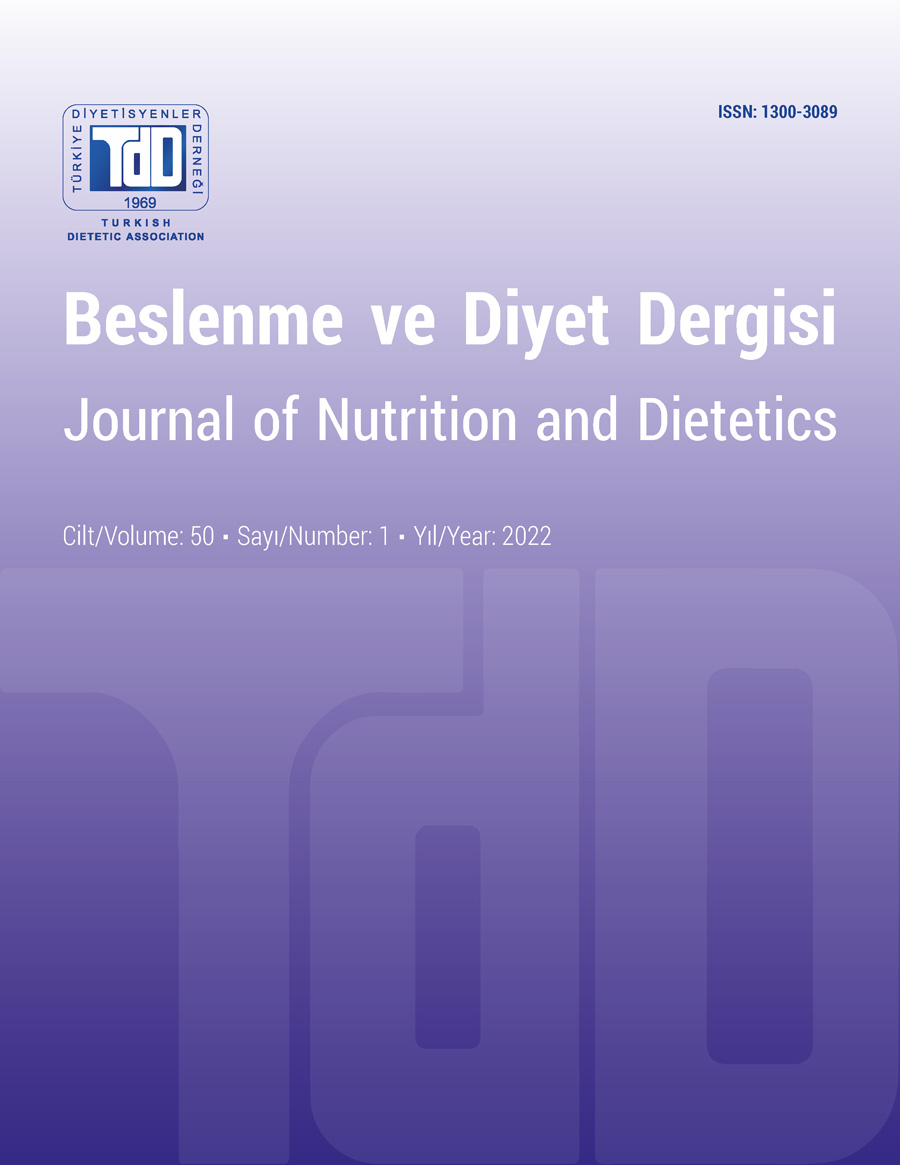Epigenetic Mechanisms: Effects of Maternal Macronutrient Intake
DOI:
https://doi.org/10.33076/2022.BDD.1534Keywords:
Epigenetics, metabolic programming, macronutrients, maternal nutritionAbstract
Epidemiological studies show that maternal nutrient intakes during the sensitive stages of development may play an important role in increasing susceptibility to non-communicable chronic diseases like cancer, obesity, diabetes and hypertension during the later stages of life of the offspring. The question of how maternal nutritional status influences the risk of chronic disease in subsequent generations can be explained by epigenetic mechanisms. Epigenetic mechanisms explain the relationship between early period nutritional variations and long-term physiological effects with modifications of gene expression like deoxyribonucleic acid (DNA) methylation or histone acetylation. Epigenetic dynamics are known to be sensitive to inadequate or excessive intake of macro nutrients like carbohydrates, fat and protein in maternal diet. Experimental animal models and retrospective cohort studies indicate that the macronutrient pattern of maternal diet alters epigenetic coding in the offspring and contributes to the development of metabolic disorders. The aim of this review is to investigate the effect of maternal macronutrient intake on epigenetic mechanisms during the critical stages of development.

